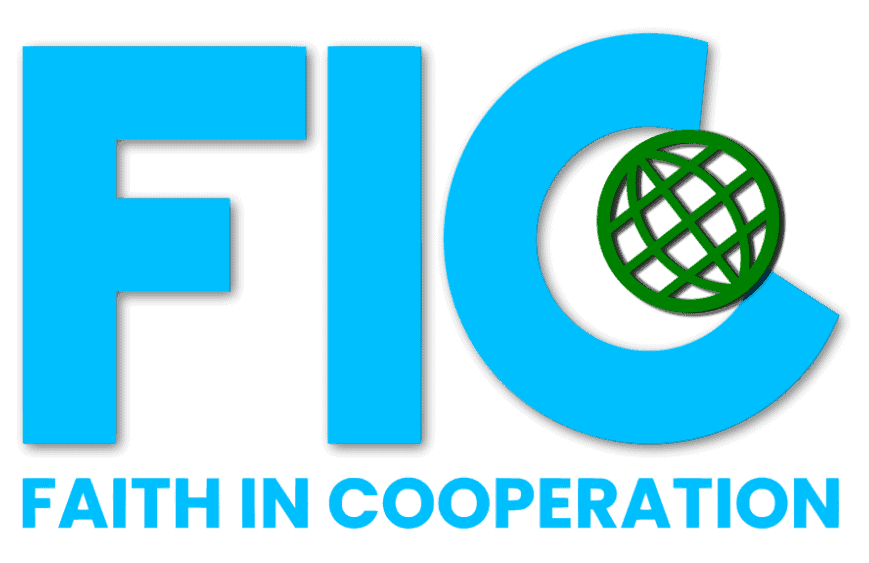Peace and Justice
Peace and the SDGs: Peace through Just Social Relations
Lasting peace is the result of social justice. At the Peace Palace speakers would often stress that peace and justice are two sides of the same coin. That is why the 17 Sustainable Development Goals (SDGs) of the United Nations (UN) are probably the most ambitious peace programme ever. Imagine if there were no poverty, no hunger, less inequality, good education, good health and social care and decent work for everyone? And imagine if we also had sustainable production and consumption and clean water? Then we would have sustainable social justice. There would be no reason to go to war, would there? FIC is ready to contribute to the promotion of partnerships that support the UN’s SDGs. FIC’s international network will help achieve cooperation to this end.
Religious Tolerance: Peace through Dialogue and Education
An important but little-mentioned element of the SDGs is religious tolerance. Religion is often seen as a source of conflict. But the different religions offer their believers inspiration to lead a good life and a framework of values and ethics. The teachings of the various religions are mainly to be good to your neighbours and to creation: our planet. With these values at their core, religions have much more in common than what divides them. But believers are just like human beings: they do not always behave according to their teachings or laws. Broadening knowledge is therefore of great importance.
During his career, the founder of FIC has worked for peace and the SDGs, as director of the Peace Palace, and for good relations between religions, as chairman of the Councils for Philosophies of Life and Religions in multicultural Amsterdam and in Nijmegen, the oldest city in the Netherlands. He has worked for mutual understanding and tolerance by promoting dialogue between movements from different backgrounds and people from different cultures with different views. In several roles he has co-developed, facilitated and addressed meetings about peace and tolerance. FIC is eager to continue to contribute to this experience and promote dialogue between partnerships and organise events to promote peace. The founder of FIC is available as a chairman and speaker at events aimed at peace, tolerance and the promotion of knowledge and understanding. FIC can also provide neutral guidance for processes aimed at increasing mutual understanding between parties.
Peace through Justice
If dialogue or mediation does not succeed and the situation in which you find yourself remains unjust or even violent, you can always try to get justice. When people, peoples, movements, states or businesses do not offer others enough space, it is essential to have a rules-based order, which protects human rights and enforces the (international) rules of the game.
The international legal order originated with the establishment of the Permanent Court of Arbitration in The Hague, the Netherlands. After the World War II, the international legal order was strengthened with the founding of the United Nations. Its highest legal body is the International Court of Justice, also known as the World Court, housed in the Peace Palace with the Permanent Court. FIC is based in The Hague, the city of peace and justice and the global capital of international law. For many years, the founder of FIC was active in the heart of international law as director of the Peace Palace.
For matters such as international environmental issues, climate change, human rights and dignified work in multinational product chains, it can be important to follow the route of (international) law. A choice can be made between arbitration and jurisdiction. FIC has an extensive network in the field of international law and is ready toassist parties in despair to find the right partner who can help them effectively to defend their legitimate interests.
Peace through a Culture of Human Rights
It would be ideal to have a culture in which discrimination is a thing of the past and human rights are taken for granted. Can anyone be against Article 1 of the Universal Declaration of Human Rights? That statement reads: “All human beings are born free and equal in dignity and rights. They are endowed with reason and conscience and should act towards one another in a spirit of brotherhood.” The other articles of the UDHR are equally worth reading, knowing and putting into practice. FIC is committed to peace by promoting cooperation and knowledge.

